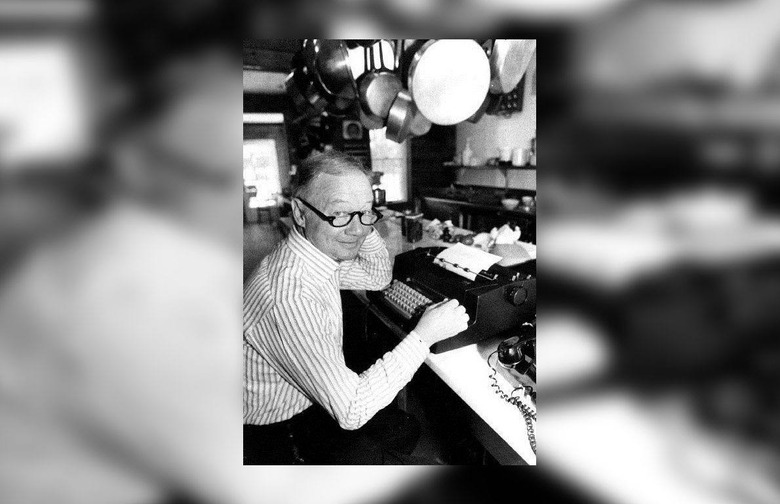The Daily Meal Hall Of Fame: Craig Claiborne
The Daily Meal is announcing the inductees into its Hall of Fame for 2016. The Hall of Fame honors key figures, both living and dead, from the world of food. We are introducing the honorees, one per weekday. Today's inductee is Craig Claiborne.
A child of Sunflower, Mississippi, a Delta town not far from where B.B. King was born, and a graduate of the famous Swiss hotel school École hôtelière de Lausanne (where he studied on the G.I. Bill after serving in the navy in both World War II and the Korean War), Craig Claiborne moved to New York City in the early 1950s. Pursuing his interest in food, he wrote for Gourmet and did food PR before talking himself into a job editing the food section at the New York Times.
In those days, newspaper food sections were part of the "women's pages" in major publications, and he was the first man to hold such a position anywhere in America. Little by little, he began to include restaurant coverage in the section, and in 1962, he published his first reviews — a roundup of four establishments that he dubbed worthy of consideration "on the basis of varying merits." (One of these was a modest Chinese place in Harlem.) This became a regular Friday column, evolving eventually into a focused review of just one or two restaurants.
Claiborne approached the job of reviewing in what was then a revolutionary manner: He dined anonymously and always paid his own check (to be reimbursed by the Times, of course), and he insisted on visiting a restaurant at least three times before delivering his verdict. The same rules were soon adopted by virtually every credible restaurant critic in America. As the idea of restaurant criticism began to gain some legitimacy around the world, at least some reviewers in other countries adopted the same conventions. Claiborne might well be called, then, the father of modern restaurant criticism. (What he would have made of the crowdsourcing of critiques is a terrible thing to imagine.)
Beyond reviewing New York restaurants, he wrote about chefs and the food they cooked around the country (he is often credited with having "discovered" Paul Prudhomme). Claiborne also had a strong influence on American home cooks through many editions and permutations of The New York Times Cookbook, and through his later books and newspaper columns in collaboration with the veteran French chef Pierre Franey.
Claiborne was an absolutely key figure in the maturation of the American awareness of food, both homemade and crafted by professionals.
